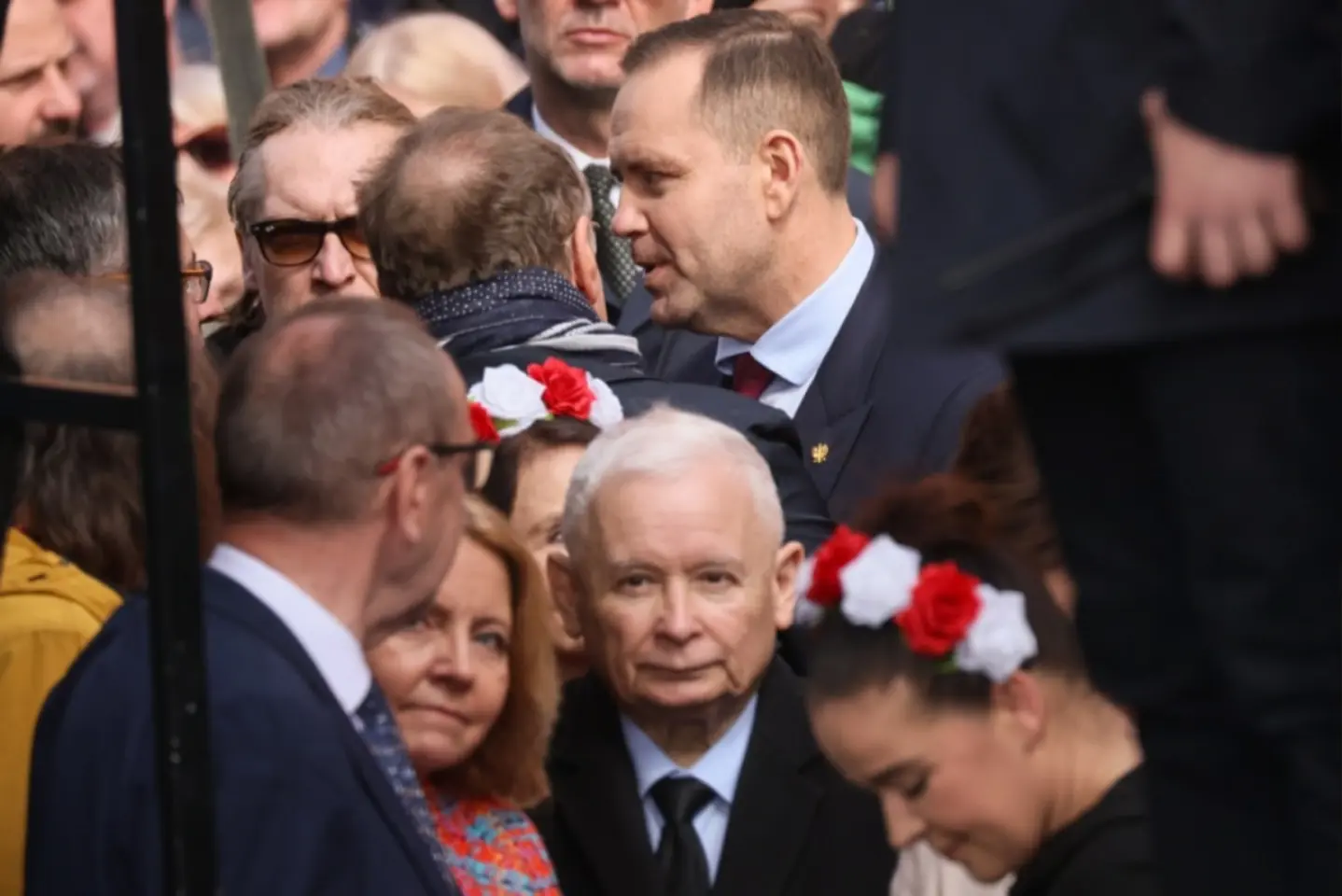
Karol Nawrocki victory in Poland’s presidential election is a coup for PiS leader, Jarosław Kaczyński. Nawrocki’s mission now would be to paralyze Donald Tusk’s pro-EU government.

On a brisk January morning in Strasbourg, Donald Tusk, the Prime Minister of Poland, stood before the European Parliament to deliver what many have already labeled a defining speech of his career. With his characteristic blend of gravitas and urgency, Tusk addressed Europe’s place in an increasingly volatile world. Referring to the profound shifts in transatlantic relations under Donald Trump’s presidency, Donald Tusk paraphrased another US President, John F. Kennedy: “Ask not what America can do for Europe and its security—ask what we can do for it”. His words reverberated across the chamber, signaling the dawn of a (let’s hope) pivotal six months in European politics: Poland’s presidency of the Council of the European Union.

In 2025, presidential elections will be held in Poland. People are already saying that we need to take seriously the scenario in which Russia influences the outcome – as it happened in Romania.

Many of the changes promised by Poland’s pro-EU reformists are still to be seen. Insted, prime-minister Donald Tusk has started to talk in terms that remind of the conservatives his coalition defeated.

A little girl accredited as a journalist in Poland's parliament has sparked debates about the limits of freedom of expression, the involvement of children in politics and their manipulation by adults, including their own parents.

Pro-Russian communication channels have significantly infiltrated the Internet and social media platforms in Poland and Eastern European countries.

As a new Cold War gathers steam, Poland finds itself on the frontline. Russian intelligence is recruiting agents in the country and it’s even using some for attacks against Kremlin opponents.

The Polish conservatives are heading for a second defeat in 6 months, this time in local elections. Meanwhile, as pro-Europeans are trying to reset the system, the pro-Russians are increasingly vocal.